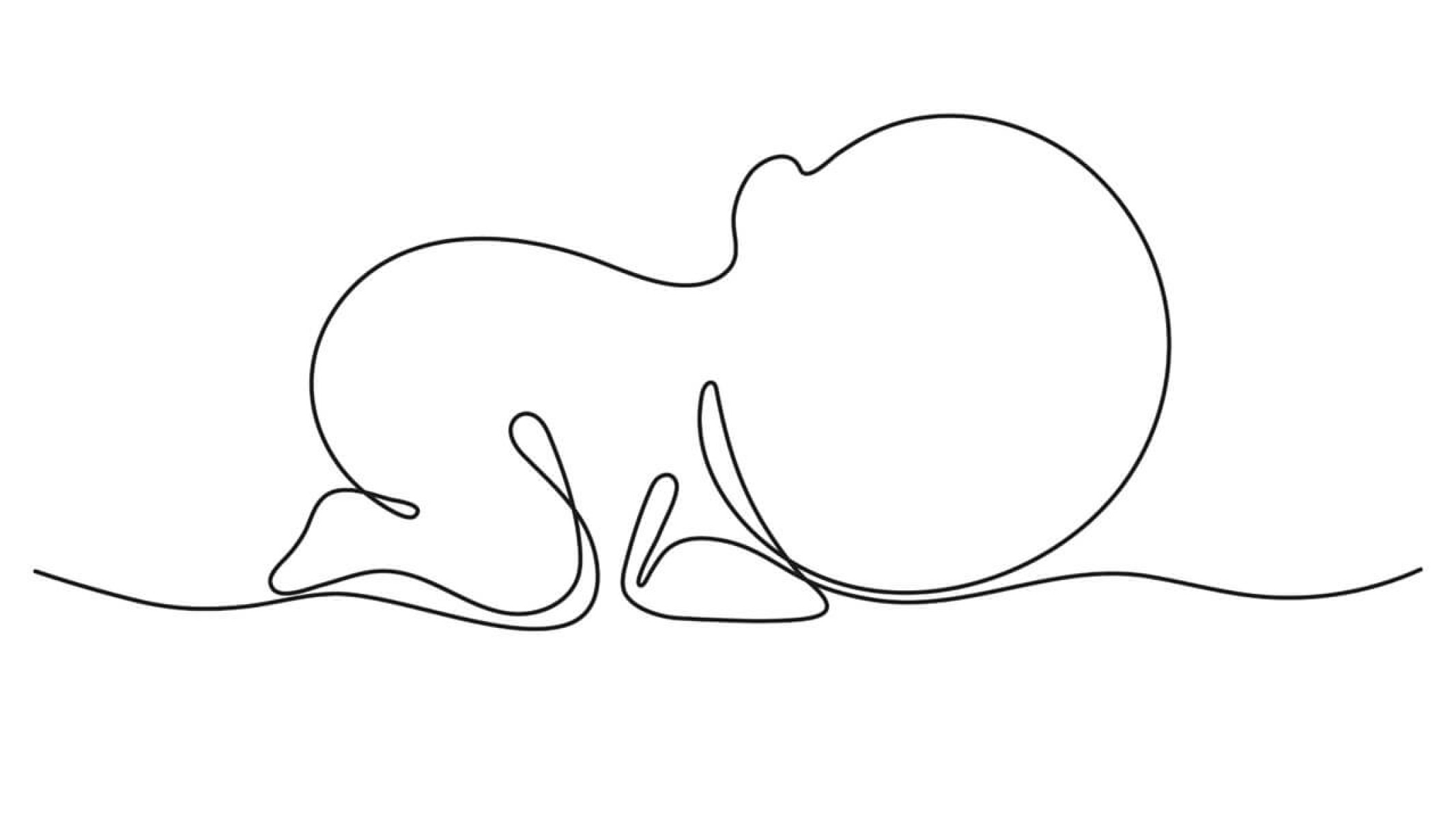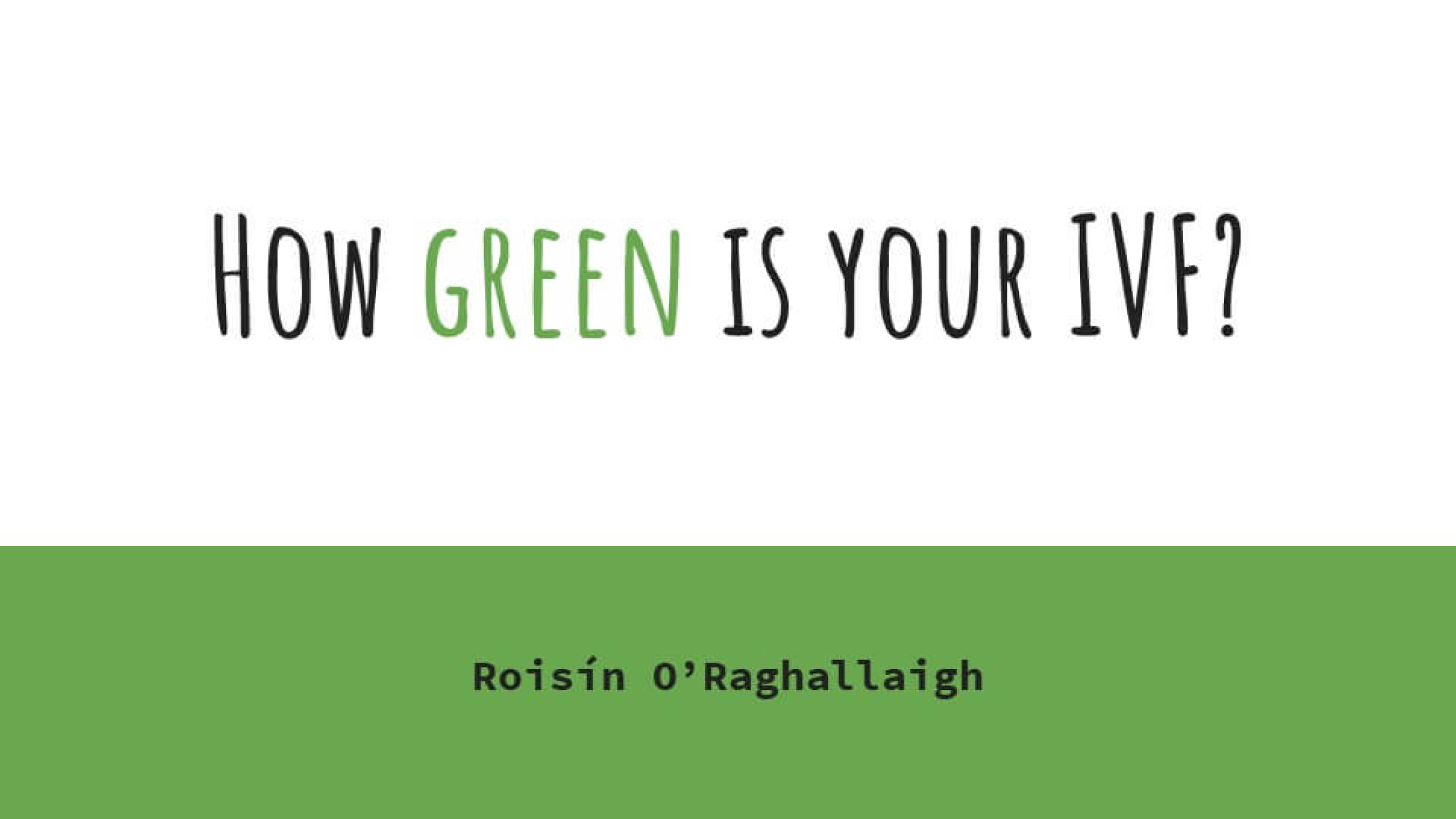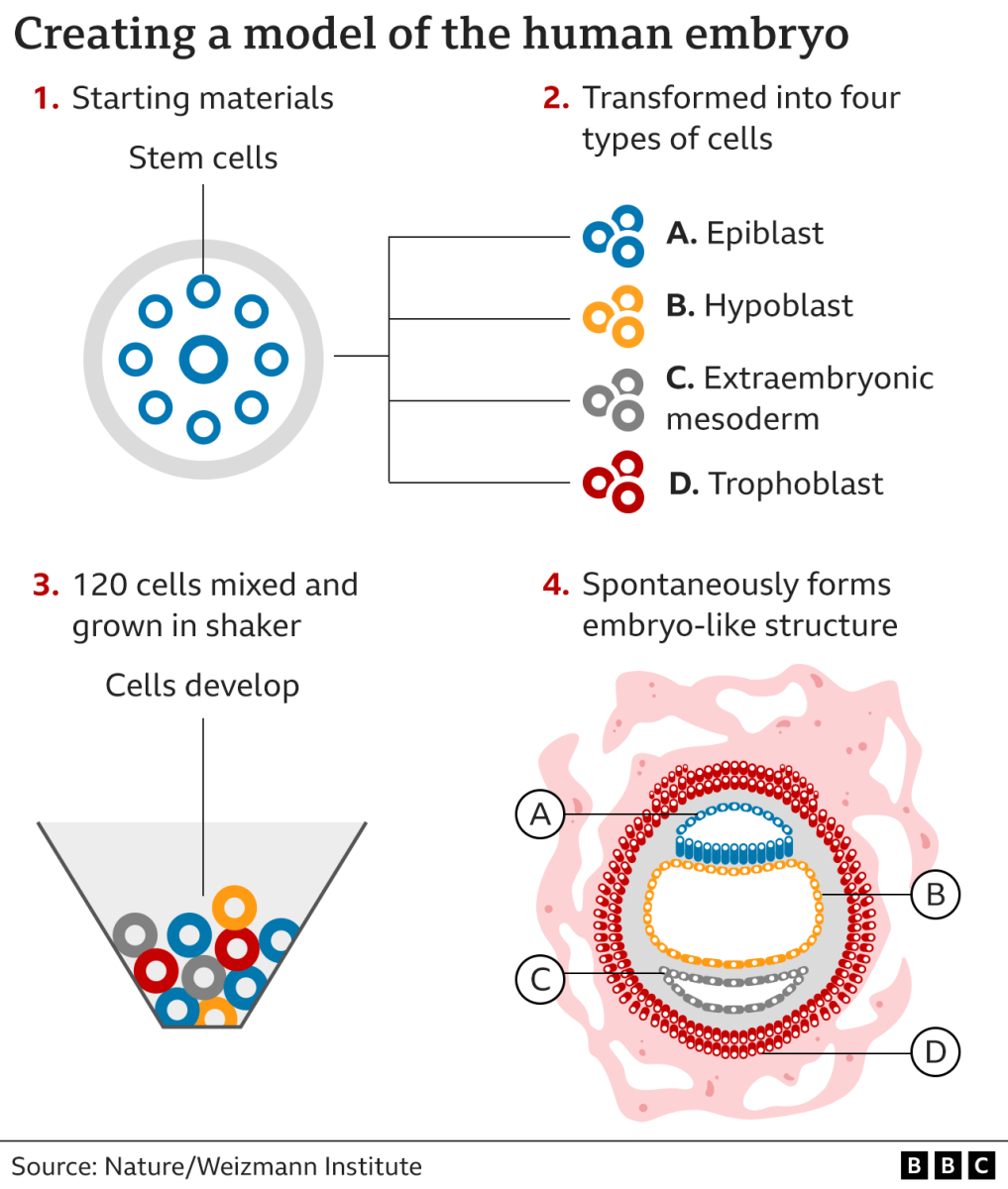
IVF NewsNews: Scrutinizing Fertility Treatment Add-Ons: A Critical Look at Efficacy and Transparency
IVF.net Newsdesk 24 October 2023
Navigating the Labyrinth: How a New Ratings System Aims to Clarify the Efficacy of Fertility EnhancementsThe realm of fertility treatments in the United Kingdom is currently under scrutiny, as the burgeoning prevalence of optional “add-ons” has raised questions regarding their efficacy and the transparency in their promotion. A novel ratings system, introduced by the fertility regulator, endeavors to shed light on these practices, providing a beacon for hopeful parents navigating this complex journey. Fertility treatment add-ons, non-essential enhancements offered in tandem with established fertility procedures such as in-vitro fertilization (IVF), have become a focal point of attention and concern. These optional interventions, though often presented as beneficial, do not uniformly enhance the likelihood of conceiving, prompting the introduction of a rigorous ratings system to evaluate their effectiveness. Transparency and Trust: A Call for ClarityThere is a burgeoning call among experts for clinics to provide unequivocal information regarding the costs and success rates associated with these add-ons. The intention is to foster an environment of transparency and trust, ensuring that patients are well-informed and able to make decisions grounded in reality rather than false hope. Support groups are championing this initiative, with the anticipation that the new ratings system will alleviate some of the inherent stress associated with procuring private fertility treatments. Fertility Network UK, a prominent support group, has expressed its endorsement of the new Health and Fertility Education Authority (HFEA) ratings system. This system employs a color-coded spectrum, ranging from green to red, to signify the level of evidence supporting the efficacy of each add-on. Unveiling the Ratings: A Closer LookAmong the treatments evaluated, pre-implantation genetic testing for aneuploidy (PGT-A) and immunological tests were assigned a red rating, indicating a dearth of evidence supporting their effectiveness. Endometrial scratching received an amber rating, reflecting a state of ambiguity and necessitating further investigation. Fertility Network UK has underscored the absence of any add-ons receiving a green rating, urging patients to diligently review all available information before proceeding with any treatments. Prof Tim Child, chair of the HFEA Scientific and Clinical Advances Advisory Committee, highlighted that while there may be specific patient groups that could potentially benefit from certain add-ons, the majority of patients might find greater efficacy in additional rounds of proven treatments. The Emotional and Financial Toll: Making Informed ChoicesDecisions surrounding fertility treatments are fraught with emotional and financial complexities, particularly when considering expensive add-ons. These decisions are often made in moments of vulnerability, with patients willing to grasp at any potential solution that might lead them closer to parenthood. Dr. Catherine Hill, head of policy at Fertility Network UK, spoke to the heart of the issue, emphasizing the need for clear communication and patient empowerment in these critical moments. The HFEA reinforces this sentiment, asserting that patients should never be left in the dark. They advocate for add-ons lacking robust evidence of safety or effectiveness to be offered exclusively within a research context. Chief Executive of the HFEA, Peter Thompson, encapsulated the ethos of this initiative, stating, “Clinics must give patients a clear idea of what any treatment add-on will involve, how likely it is to increase their chance of a successful pregnancy, how much it will cost, and link to the HFEA ratings system.” In doing so, the journey towards parenthood, though fraught with complexity, becomes a path guided by clarity, evidence, and empowerment.
SOURCE Clampdown on unproven fertility treatment add-ons BBC [ Full Article ] News: Navigating Ethical Boundaries: A Tale of Deception and IVF in Tokyo
IVF.net Newsdesk 24 October 2023
Unveiling the Complexities and Legal Quandaries of a Woman's Quest for Motherhood Amidst Concealed Bereavement In the bustling cityscape of Tokyo, at the esteemed Hara Medical Clinic in Shibuya Ward, a complex and ethically intricate incident transpired this spring, leaving the medical fraternity and ethical boards in a state of contemplation and concern. A woman, engaged in the meticulous process of in vitro fertilization (IVF), successfully conceived, albeit under circumstances enveloped in deception. She discreetly withheld from the medical practitioners the poignant fact of her husband’s demise, who was previously deemed infertile. The repercussions of this clandestine act are manifold, particularly concerning the child's biological lineage. In Japan, the realm of infertility treatments is predominantly reserved for wedded couples. Typically, when donor sperm is employed, it is the husband who is bestowed with the legal paternal rights. This case, however, is a labyrinthine exception, as the woman’s spouse is no longer amongst the living. Japanese legislation is silent on scenarios where the husband expires amidst the IVF treatment. It looms as a potentiality that the sperm donor, once identified, may be solicited to legally acknowledge paternity. In the aftermath of this incident, the Hara Medical Clinic, now in a state of self-reflection and due diligence, reported the matter to the Japan Society of Obstetrics and Gynecology. The clinic has momentarily ceased all IVF procedures utilizing donor sperm, and is in the midst of evaluating if and when such practices may be reinstated. Sources privy to the situation disclosed that the woman orchestrated this concealment with full knowledge of its implications on her eligibility for the treatment, even proceeding with discussions and plans with her in-laws. Her husband’s demise was only brought to light during a consultation subsequent to her successful pregnancy in June. The clinic’s venture into sperm donation began in February 2022, and within a year, approximately 150 individuals had registered. Since September of the preceding year, a shift to nonanonymous donors was adopted, ensuring disclosure of identifying information when the child reaches maturity. In a proactive response, the clinic has meticulously revised its guidelines, instituting preventive measures. These include a mandatory verbal confirmation from the husband on the embryo transfer day, coupled with compulsory participation in educational sessions. These newly minted changes were instated this month. The hospital, in a somber tone, expressed its concern in a statement released on Sunday, highlighting the potential jeopardy to the rights of the nonanonymous donor, as the legal paternity by the patient’s husband is rendered impossible. The institution acknowledged the woman’s choice to prioritize her profound desire for motherhood over transparency, shedding light on the delicate balance between medical trust and contractual obligations in Japan, where legal provisions for such intricate cases are nonexistent. The Hara Medical Clinic, now standing at a crossroads of medical ethics and legal accountability, has expressed its intention to pursue legal avenues against the woman, safeguarding the integrity of medical practices and the rights of all parties involved. Lastly, it is imperative to note that while rules pertaining to the disclosure of donor details in Japan, integral to an individual’s right to know their origins, have found a place in the legislative drafts by a nonpartisan parliamentary group last year, they await the final seal of enactment.
SOURCE Woman becomes pregnant via IVF donor sperm after husband's death [ Full Article ] News: Cutting Healthcare Costs: The Impact of Embryo Testing During IVF on Inherited Diseases
IVF.net Newsdesk 24 October 2023
Stanford Medicine’s latest research reveals substantial financial benefits and cost savings when combining in vitro fertilization with genetic screening for hereditary conditions. In the ever-evolving world of medical science, prospective parents with a history of hereditary diseases have found a beacon of hope in the form of in vitro fertilization (IVF) combined with genetic testing. Research from the experts at Stanford Medicine unveils a promising future, showcasing a substantial potential for reducing healthcare costs. The magic happens with Preimplantation Genetic Diagnostic testing integrated with IVF, also known as PGD-IVF. This technology isn’t just a scientific marvel; it’s a versatile tool that allows for the screening of almost 400 different single-gene defect disorders, including the likes of cystic fibrosis, sickle cell disease, and Tay-Sachs disease. Despite its incredible potential, the journey to access PGD-IVF is fraught with financial and accessibility hurdles. The high cost of IVF puts this life-changing technology out of reach for many, compounded by the fact that New York is the only state with a Medicaid program covering IVF. The scenario isn’t much better in the realm of private employer health insurance plans, where IVF coverage is more of an exception than a rule. Enter the visionaries at Stanford Medicine, led by Dr. Kevin Schulman, advocating for a shift in how we approach preventative healthcare for hereditary diseases. They see the integration of advanced prenatal genetic diagnostic testing with IVF not just as a possibility, but as a necessity. However, the reality is that public programs, Medicaid included, are lagging behind in adapting to these medical advancements. So, where does PGD-IVF stand when we talk about cost-effectiveness? When pitted against the lifelong healthcare costs associated with single-gene-defect diseases, PGD-IVF emerges as a financially prudent intervention. The Stanford team took it upon themselves to translate this potential into tangible numbers, focusing their research on sickle cell disease—a single-gene-defect disorder that is as common as it is costly. The numbers paint a vivid picture: a lifetime of care for someone with sickle cell disease can result in additional annual healthcare costs ranging from $6,636 to $63,436, with average lifetime costs skyrocketing to around $602,000. This brings us to a crossroads. With the economic benefits of PGD-IVF laid bare, and in the context of a post-COVID-19 world where health equity is more important than ever, integrating PGD-IVF as a Medicaid benefit seems not just beneficial, but imperative. The research from Stanford serves as a clarion call, pointing us toward a future where managing and preventing hereditary diseases is not just medically advanced, but also financially accessible. In this future-forward approach to healthcare, PGD-IVF stands out as a beacon of hope, a tool that has the potential to revolutionize parental planning and create a world where hereditary diseases are caught before they can take hold. SourceScreening during IVF for inherited diseases greatly reduces costs of care [ Full Article ] News: ART & Embryology training program
Chennai Fertility Center and Research Institute 03 October 2023

The International School of Embryology was established to offer training for clinicians in Advanced Reproductive Technologies. Our skill and precision to all aspirants help them to know in-depth knowledge and experience. The members of our teaching faculty aim to bring doctors and embryologists to the highest level of knowledge about Reproductive Techniques and practical capability in the field. Our courses cover basics in Andrology, embryology, ICSI, and cryosciences (Hands-on). Training Batch Schedule:
# November 2023 - 15th to 29th November
Limited Seats. For admission Contact 9003111598 / 8428278218 (Whats app) [ Full Article ] Webinar: NAVIGATING INTERNATIONAL SURROGACY
International IVF Initiative 01 October 2023

Tuesday, 3rd October (3 pm EDT / 8 pm UK / 9 pm CET) Moderators: Presenting: [ Full Article ] I3 Revisited: How Green is Your IVF?
International IVF Initiative 01 October 2023

This video is one of many educational resources produced by the International IVF Initiative (I3). As a worldwide movement, I3 focuses on improving education and refining methods in assisted reproductive technologies. To explore a wider range of educational content, we invite you to visit https://ivfmeeting.com.
Roisin is an embryologist with CRGW where she is currently working towards registration with the HCPC. She completed her Masters at Trinity College Dublin before starting her career in the field in 2016 (?) with the Merrion Fertility Clinic in Dublin. She proceeded to gain experience in andrology at a variety of clinics and the European Sperm Bank before starting with CRGW in 2021. She has a particular interest in Male factor infertility, fertility preservation and sustainability within the IVF clinic. [ Full Article ] Webinar: TRACE ELEMENTS
International IVF Initiative 12 September 2023

Tuesday, 19th September (3 pm EDT / 8 pm UK / 9 pm CET) [ Full Article ] News: Human Embryo-Like Models Created from Stem Cells
IVF.net Newsdesk 12 September 2023

The challenge of studying human development shortly after implantation has been restricted due to the ethical and technical difficulties connected with in-utero growth post-implantation. Yet, recent breakthroughs have been made using mouse naïve embryonic stem cells (ESCs) to develop embryo-like structures. Extending this method, scientists have now successfully developed complete human embryo models using unmodified human naïve ESCs. These models mimic almost all the known features of post-implantation human embryos up to 14 days after fertilization. In a revolutionary step, researchers at the Weizmann Institute have cultivated an entity resembling a 14-day-old human embryo using stem cells, without resorting to sperm, eggs, or a womb. Remarkably, this "embryo model" exuded hormones that registered a positive result on a pregnancy test in a laboratory setting. These embryo models offer a promising and ethically sound method to probe into the earliest phases of human existence. The transition from a vague cluster of cells post-fertilization to a recognizable entity during a prenatal scan undergoes significant transformations, which, unfortunately, are inadequately understood despite being vital as it's a period that often results in miscarriages or birth defects. The novelty of this research, shared in the Nature journal, lies in its comprehensive replication of primary structures seen in early embryos. This achievement, creating a vivid representation of a 14-day-old human embryo, is unprecedented. Initiating with naïve stem cells, which can morph into any body tissue, they used chemicals to guide the cells into four primary types present during an embryo's earliest stages. Astonishingly, around 1% of these cultivated cells spontaneously organized into a structure reminiscent of a human embryo. Simply providing the right environment allows the cells to autonomously arrange themselves. These models matured until they resembled 14-day post-fertilization embryos, a significant juncture in numerous countries that often marks the limit for standard embryo studies. Through these models, scientists hope to elucidate cellular differentiation processes, observe initial organ formation stages, and gain insights into inherited or genetic conditions. Notably, the study indicates that certain embryo parts won't develop unless enclosed by early placenta cells. This research could even aid in enhancing IVF success rates. However, this method's present 99% failure rate demands refinement, points out Prof Robin Lovell Badge from the Francis Crick Institute, who otherwise praises the study. In conclusion, while these models showcase immense potential, using them for pregnancy remains firmly off the table, with ethical, legal, and practical reasons making it an impossibility.
Sources Weizmann Institute of Science Nature BBC News
[ Full Article ] News: ART & Embryology training program
Chennai Fertility Center and Research Institute 02 September 2023

The International School of Embryology was established to offer training for clinicians in advanced reproductive technologies. Our skill and precision to all aspirants help them to know in-depth knowledge and experience. The members of our teaching faculty aim to bring doctors and embryologists to the highest level of knowledge about reproductive techniques and practical capability in the field. Our courses cover basics in Andrology, embryology, ICSI, and cryosciences (Hands-on). Training Batch Schedule# September 2023 - 4th to 18th September $ October 2023 - 03rd to 17th October # November 2023 - 15th to 29th November $ December 2023 - 04th to 18th December Limited Seats. For admission Contact 9003111598 / 8428278218 (Whats app) [ Full Article ] News: ART & Embryology training program
Chennai Fertility Center and Research Institute 02 September 2023

October 2023 Training Batch Schedule - 3rd October 2023 - 17th October 2023. The International School of Embryology a unit of Chennai Fertility Centre and Research Institute was established to offer training in Advanced Reproductive Techniques and Embryology for clinicians and embryologists. It will help them to know in-depth knowledge and have good hands-on training. The members of our teaching faculty aim to bring Clinician and Embryologists to the highest level of knowledge about Assisted Reproductive Technology and practical capability. Our courses cover basics in Andrology, embryology, ICSI, and cryosciences (Hands-on). Limited Seats. For admission Contact 9003111598 / 8428278218 (Whats app) [ Full Article ] |